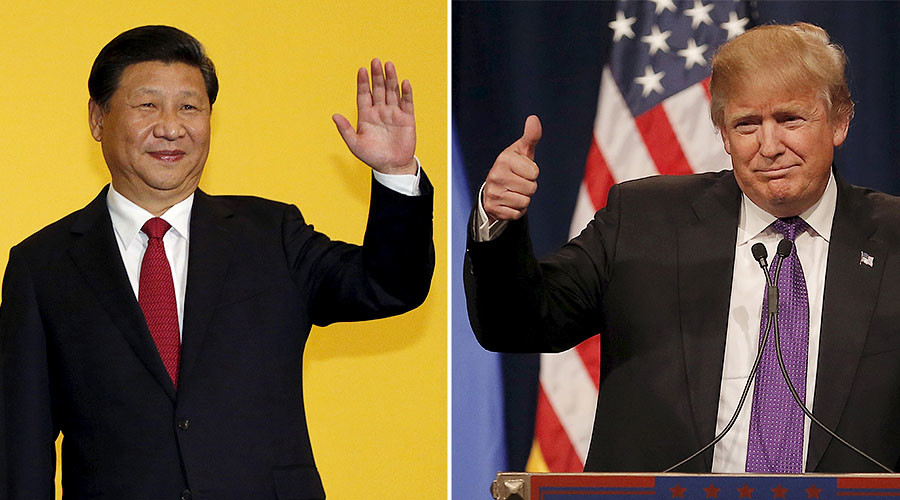 |
| The main contenders |
Another aspect
of power transitions is a “closing of space”: the established and rising powers
repeatedly “bump” into each other, leading to minor skirmishes. Alliance
formations are a major reason for these disputes, as a distinguishing feature
of the established power is defense and economic ties to countries that feel
threatened by the rising one (sometimes called “encirclement”). These ties help
balance the rising power, but only up to a point. When allies begin to feel
that the hegemon’s commitments to their security are not secure, they either
beef up their own defense capabilities, consider developing new security
arrangements or defect to the rising power.
Lastly, Gilpin
shows that the society of the declining power is characterized with an
increased rights-based mentality that emphasizes individual (and hence
domestic) needs and wants over international ones. There are also major
domestic disputes about which rights should be satisfied, leading to fierce
political conflict that becomes difficult to bridge. As polarization increases,
a blame game ensues as each side of the political divide blames the other for
the general decline in economic well-being. Conversely, in the rising state a
sense of duty to contribute to the nation’s destiny prevails. There is a
relatively accepted consensus that it will soon assume leadership of the
international system and that citizens, in both public and private sectors,
should contribute to the attainment of that goal. Confidence is high in this
society because it is growing fast and rapidly increasing investments in the
military, while the established power is divided, insular and increasingly
prioritizing domestic needs over international ones.
This picture
more or less characterizes the relationship between the US and China over the
last fifteen years, and Trump’s victory needs to be placed in that context. Not
coincidently, his rise coincides with some significant inflection points:
China’s economy is now roughly equal in size to America’s, it is the world’s
largest manufacturer, and its military expenditure is growing at double-digit
rates. Current trends suggest that China will soon overtake America as the
world’s leading state, and Americans are fiercely divided about how to manage
the domestic and international challenges posed by this power transition.
Thus it is no
coincidence that Trump’s major target is China or that his main campaign
slogan, “Make America Great Again” is an implicit recognition of a sense of
American decline. Other patterns fit the mold; as Gilpin might have predicted,
China and the US are increasingly “bumping into each other”, as China makes
territorial claims against America’s allies in the region. The domestic and
psychological changes identified by Gilpin can also be observed. While the US
is polarized, pessimistic, and prioritizing domestic needs, China is
increasingly confident and becoming bolder in challenging the US-led order.
Philippino President Rodrigo Duterte’s surprising defection to China despite
his country’s long alliance with the US may be a sign of more to come.
Gilpin’s
analysis of power transitions over 2500 years show that more often than not they
result in war. In all the international power transitions he analyzes
(Peloponnesian War, Punic wars, the Crusades, 30 years’ war, Napoleonic wars,
World War 1), war was preceded by structural shifts in the distribution of
power, an unwillingness of the established power to accept decline, the rising
power’s increasing assertiveness and claim to rightful leadership, leading to
disequilibrium, tensions, skirmishes, and conflict. This does not bode well for
the Trump administration. Soon enough Trump may face a crisis in South
East Asia that will test his resolve to defend a status quo characterized by waning
American leadership. The alternative is to accept the structural shifts taking
place and accede to China’s effective control of the region. If he refuses to
bow to China’s claim of regional leadership, a high-stakes war is very likely. Gilpin
shows that, during these types of “hegemonic” wars, at stake is not only or
mainly military dominance, but also whose societal model gains prestige,
radiates outwards and becomes the norm. A victory for China in any standoff
with the US would also mean a triumph of China’s model of authoritarian
state-capitalism, giving liberal democracy another major blow.
No comments:
Post a Comment